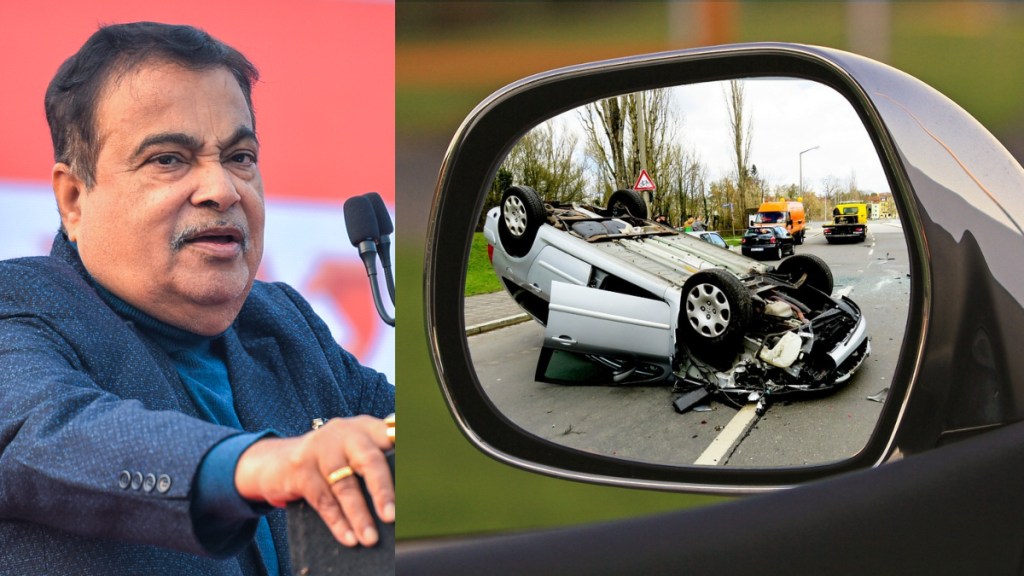Union Minister of Road, Transport, & Highways, Nitin Gadkari, has announced an increase in the reward for those who help out victims in a road accident. As per recent developments, the government will increase the reward for “Good Samaritans” helping accident victims by five times to Rs 25,000. Currently the reward for good samaritans is only Rs 5,000.
This was announced at a recent road safety program in Nagpur, which was also attended by actor Anupam Kher. The revision will be applicable on national and state highways, as well as district, city, and Gram Panchayat roads. Speaking at the event, Gadkari said that the current reward was not sufficient for the person who rushes road accident victims to hospitals in the crucial first hour of the accident.
First launched in October 2021, the aim of this scheme was to reward the person who saved the life of a victim of a fatal accident by administering immediate assistance and rushing to hospital/trauma care centre within the Golden Hour (first hour) of the accident to provide medical treatment. The incentive would urge people to come up and help the ones in need.
In India, people tend to be hesitant when helping out accident victims to avoid getting involved in any legal repercussions and procedural hassles. that may follow. The minister further said that the government would now cover hospital expenses of up to Rs 1.5 lakh for the first seven days for the people injured in accidents.
Who is a “Good Samaritan”?
According to the Ministry of Road Transport and Highways website a “Good Samaritan is a person who, in good faith, without expectation of payment or reward and without any duty of care or special relationship, voluntarily comes forward to administer immediate assistance or emergency care to a person injured in an accident, or crash, or emergency medical condition, or emergency situation.”
India is one of the hotbeds for road accidents in the world. Between 2012 and 2022, road crashes have killed over 13 lakh people in India. According to the Law Commission of India, 50% of these victims died of preventable injuries and could have been saved if they had received care on time. The role of the bystander is critical in providing emergency care to the victim.
